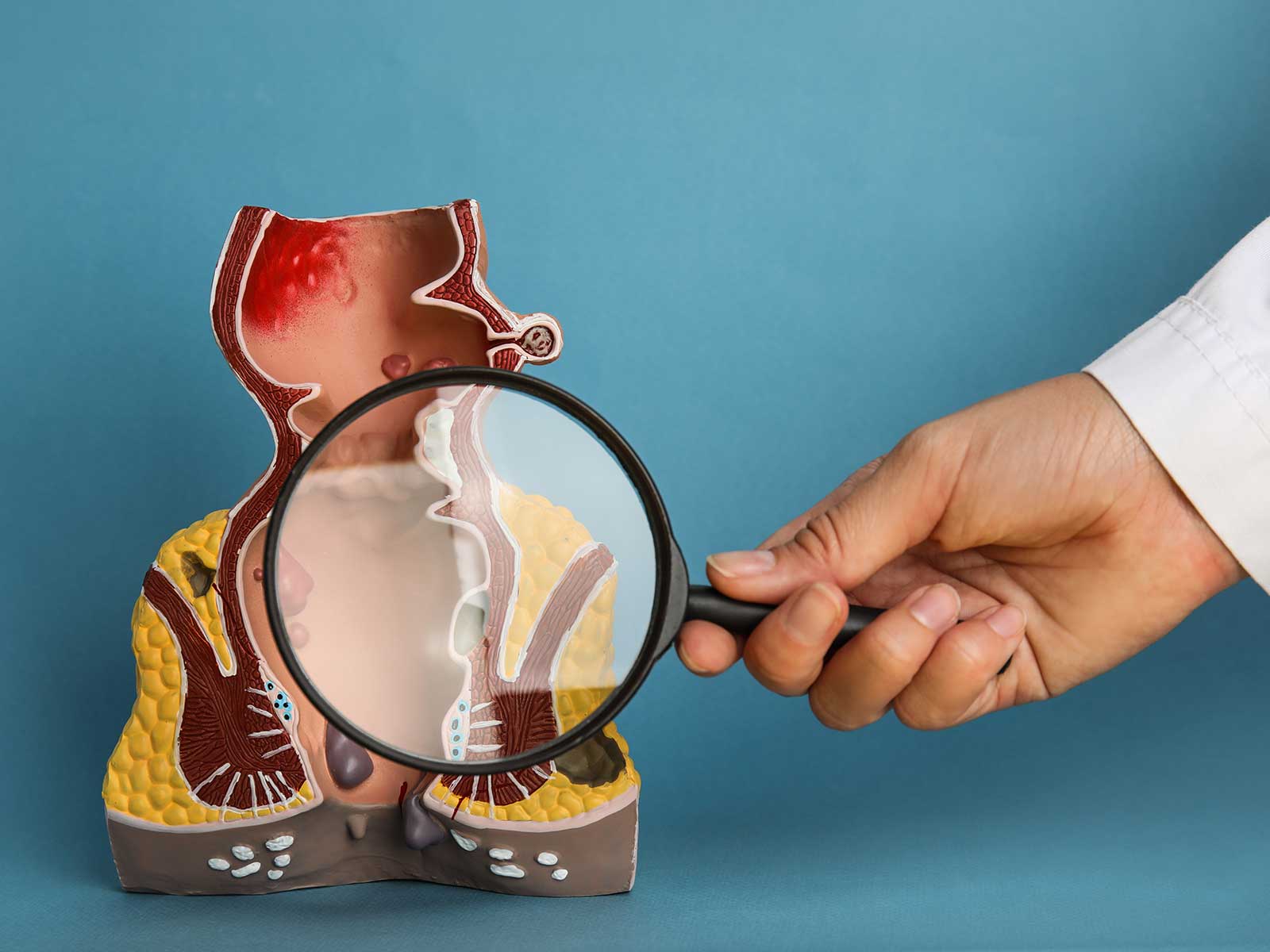
These conditions affect the lowest part of your digestive tract-the anus and rectum. They include swollen blood vessels (hemorrhoids), small tears in the lining (anal fissures), infections, abscesses or fistulas, and unusual growths. In the ICD-10 system, they're classified under code K62.8 (other specified diseases of anus and rectum).
Watch for persistent signs of anorectal problems, such as:
Several factors can lead to or exacerbate diseases of the anus and rectum:
At GastroDoxs in Cypress, we specialize in comprehensive care for diseases of the anus and rectum. Our board-certified gastroenterologist and dedicated team combine advanced diagnostics with personalized treatment plans-ranging from dietary and lifestyle guidance to minimally invasive procedures and surgery. We prioritize your comfort, privacy, and long-term relief, ensuring you receive compassionate support at every step.
Ready to put an end to pain, itching, or bleeding? Book your appointment today and let our experts help you regain confidence and comfort.
We've successfully treated more than 1.5K patients, helping individuals improve their digestive health and overall well-being through expert, personalized care.
With over 20 years of experience, GastroDoxs has been a trusted provider of gastroenterology care, focusing on delivering the best outcomes for patients
The most frequently seen conditions include hemorrhoids, anal fissures (small tears), rectal prolapse, fistulas, and abscesses.
Eating a high-fiber diet (fruits, vegetables, whole grains) and drinking plenty of water softens stool, reduces straining, and promotes regular bowel movements.
If you experience pain, bleeding, itching, or any changes in bowel habits lasting more than a week, you should see a gastroenterologist for evaluation.
Anal itching (pruritus ani) can result from irritation, moisture, poor hygiene, infections, or skin conditions. A specialist can determine the exact cause.
Yes. Children may suffer from constipation, anal fissures, or related issues. Early treatment helps prevent ongoing discomfort.
No. Many cases improve with lifestyle changes, dietary adjustments, topical treatments, and minimally invasive procedures. Surgery is reserved for severe or persistent cases.
A sitz bath involves sitting in warm water for 10-15 minutes to soothe pain, reduce inflammation, and promote healing of anal and rectal tissues.
Yes. Prevention includes eating a fiber-rich diet, staying hydrated, exercising regularly, avoiding prolonged sitting or straining, and maintaining good hygiene.
No. Most are caused by pressure, strain, poor diet, or injury rather than infectious agents, so they are not passed between people.
Absolutely. We ensure full privacy, respect, and confidentiality during every step of your care and treatment.